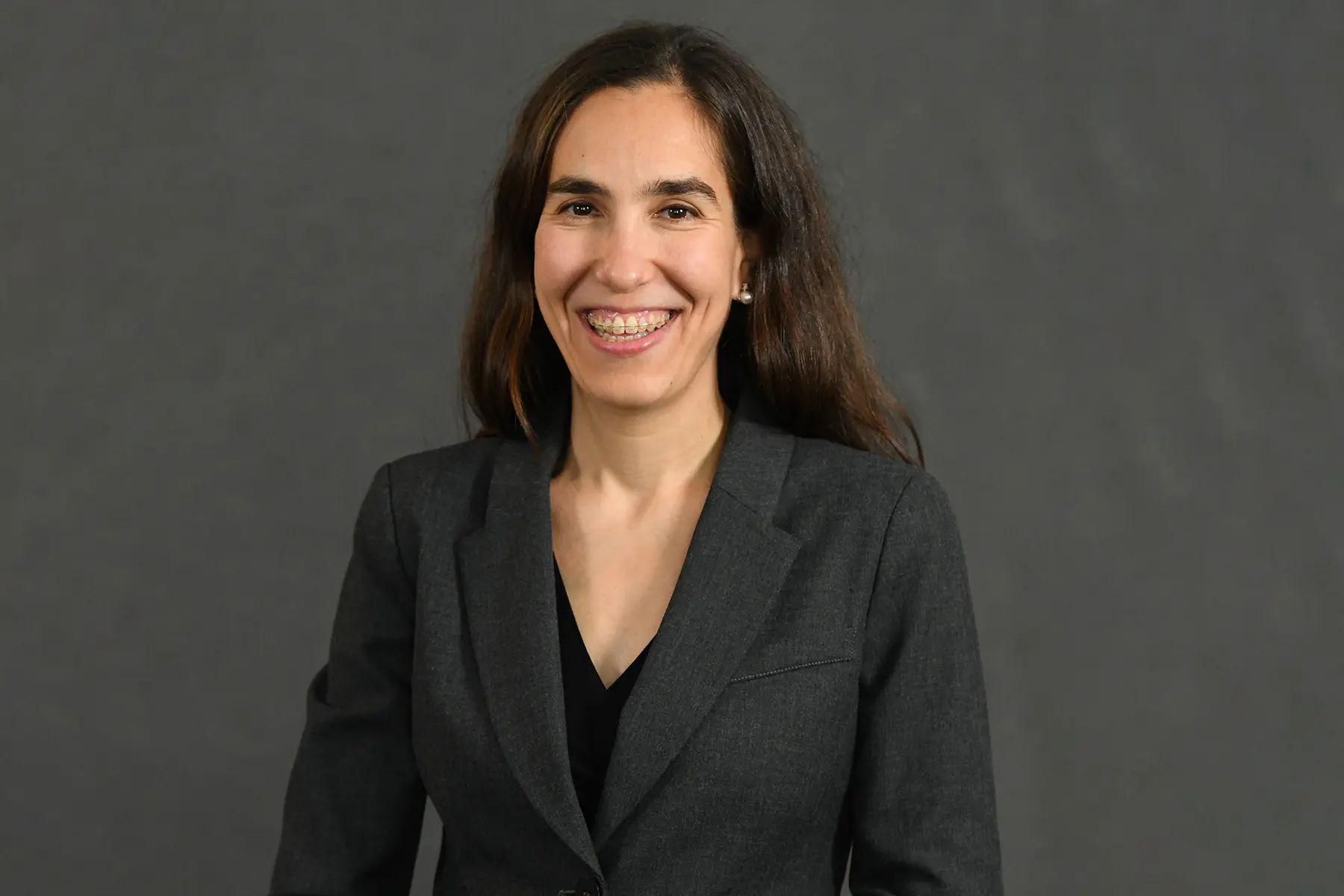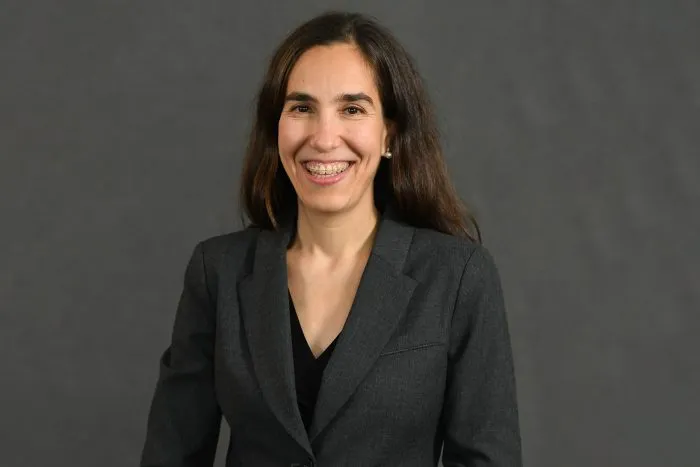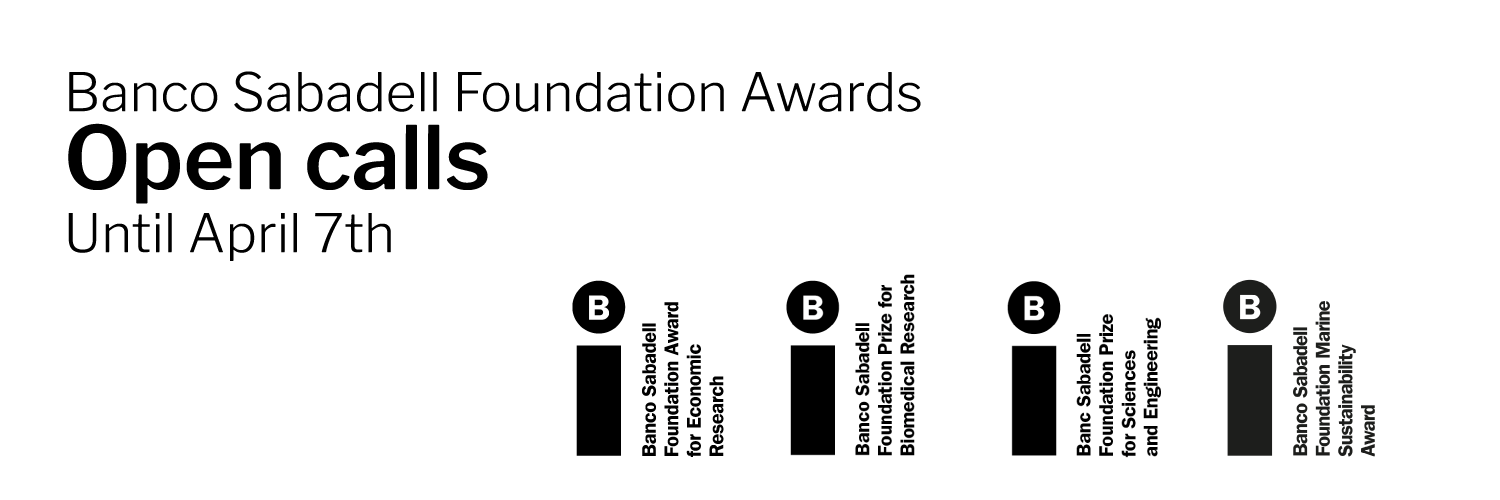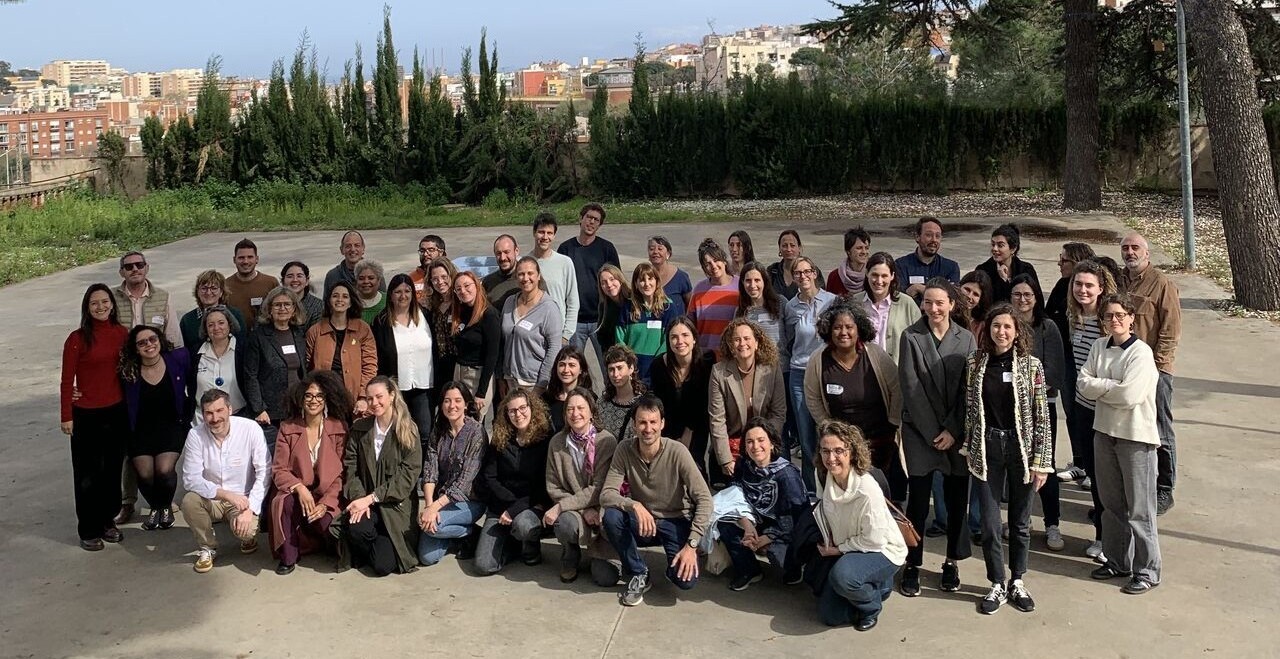
Prof Elena Manresa has received the 21st Banco Sabadell Foundation Award for Economic Research for her research work in the field of microeconometrics and, especially, for her contribution to the analysis of panel data and its application to the study of social interactions. The Jury of this edition, chaired by Teresa Garcia-Milà Lloveras, has highlighted the high level of creativity of Prof Manresa’s work and her contribution to the change in the approach to how applied economists tackle the analysis of new extensive and complex databases, such as linked individual employee and company data or granular consumer and product data.
“I feel extremely proud that this Award highlights the field of econometrics, in which we develop statistical methods to understand economic issues through data. Currently, the use of new databases, which are more extensive and complex, is opening the door to be able to tackle social problems through empirical evidence in a much more credible manner”, said Prof Manresa, who has highlighted the work of “all researchers like me, who work hard to establish new methodologies in the use of new data”.
Prof Elena Manresa’s research areas focus on the field of econometrics, with an emphasis on panel data and the inclusion of machine learning and artificial intelligence methods, which enable the treatment of heterogeneity in empirical works in economics. This treatment is fundamental to avoid incorrect forecasts of counterfactual policies, and naïve modelling can give rise to statistically inaccurate answers.
Prof Manresa assesses the methods she develops in the context of relevant economic issues using a great variety of data. Some examples include the study of the origins of the gender pay gap using Swedish administrative data, the quantification of the indirect effects of R&D among companies in the US, or the rationalisation of savings patterns in the US using the AHEAD survey.
The Banco Sabadell Foundation Award for Economic Research, which receives applications every year since 2002, aims to foster and recognise the work of researchers in the fields of economic, business and social knowledge, and to contribute to the analysis and creation of new alternatives that promote social welfare.



